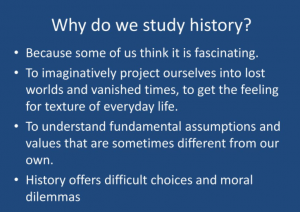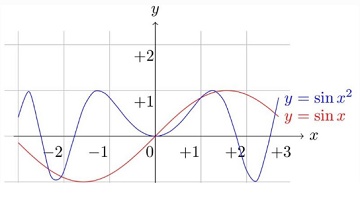What is Carrera? (Career) Definition, history and choices
 We explain that what is Carrera? with Definition, history and choices. The term “career” is commonly used to refer to a person’s working life. Carrera
We explain that what is Carrera? with Definition, history and choices. The term “career” is commonly used to refer to a person’s working life. Carrera
However, the Oxford English Dictionary offers two different definitions of the word ‘Career’.
- Profession or occupation.
- The course of life, especially in a profession.
The first definition gives a more restricted definition of the term ‘Career’ with the focus primarily on the job or sector or industry in which a person is involved for a living and all related specialized pieces of training and formal education, for example, a career in law. , sports, medicine, administration, management and so on.
The second definition, on the other hand, is broader and more inclusive. It is primarily focused on the ‘journey’ or ‘progress’ a person makes to enter and remain in a general field, profession, or occupation.
Consequently, aspects such as education, training, experience, participation in different jobs, the achievement of various prizes and rewards, etc. they are an integral part of the second meaning.
What distinguishes the first definition from the second definition is that the first one focuses more on the profession or occupation. In contrast to that, the latter focuses more on the individual and their overall work life history. However, two critical points lead to the convergence of these two meanings.
- The metaphorical aspect of ‘ Progress’ or’ journey .
- The ‘ goal to achieve ‘ something, say, power, position, money, or just success.
Origin and history of the term ‘Carrera’.
The word “Carrera” has its origin in the Latin term “Carrus”, which means “vehicle with wheels” or “car”. It was anglicized from the French word ‘carriere’ in the mid-16th century to refer to a road or a racecourse.
Finally, from the late 16th century, specifically in the 1590s, the meaning of the term expanded to refer to any sense of “progress” or “course of action.”
The word began to be used specifically to imply one’s progress in public or professional life beginning in 1803 and finally acquired its explicit reference to one’s profession or occupation beginning in the 20th century.
Choice of career Carrera
As Behling and others stated, the choice of a company or career depends on the following three factors:
- Objective factor: It involves objectively evaluating the material benefits of a certain occupation or profession. For example, considering salary, career growth, location, etc. before venturing into a job.
- Subjective factor: Here, an individual’s decisions are influenced by the psychological and social aspects of the job. For example, a person may choose to venture into an occupation, taking into account their social status, general reputation, and the like.
- Critical Contact: Here, an individual’s decision depends on their experience with a particular organization involved in a specific field. For example, a person may choose to enter a profession based on the general behavior of recruiters towards their employees. Carrera
Career path patterns Carrera
| Nature of career path | Description | Key individual motivations |
| Spiral | Change periodically and spend a considerable amount of time, say 5-10 years in related fields and occupations to achieve higher skills and more meaningful experience before moving on. | Personal growth and creativity. Carrera |
| Linear | Also known as the “traditional primary view of the career,” this pattern follows a rough vertical journey through the organizational hierarchy, a course in which an individual is promoted to positions of greater authority and greater responsibility. | Authority, achievements and other rewards. |
| Transient | Changing frequently, say within one to five years to unrelated fields or occupations. | Autonomy and variety. |
| Expert | Also known as the ‘traditional secondary career view’, it focuses on acquiring knowledge and developing skills within a particular field or occupation. | Stability, status and competition. |
Advantages of a career
The following are some important advantages of a career:
- The act of career planning improves a person’s decision-making ability.
- The “race” by nature is goal oriented. Consequently, an individual pursuing a career acquires a zeal for achievement .
- The ‘career’ is not simply about making decisions. It’s also about acting on those decisions. Consequently, an individual pursuing a career eventually becomes action-oriented.
Disadvantages of a career
These are some of the main disadvantages of a career:
- There is no fixed path to pursue a career. The direction and pattern of a professional career differ according to an individual’s motivation.
- The choice and course of a career are often restricted by external factors, namely social, psychological and material.





